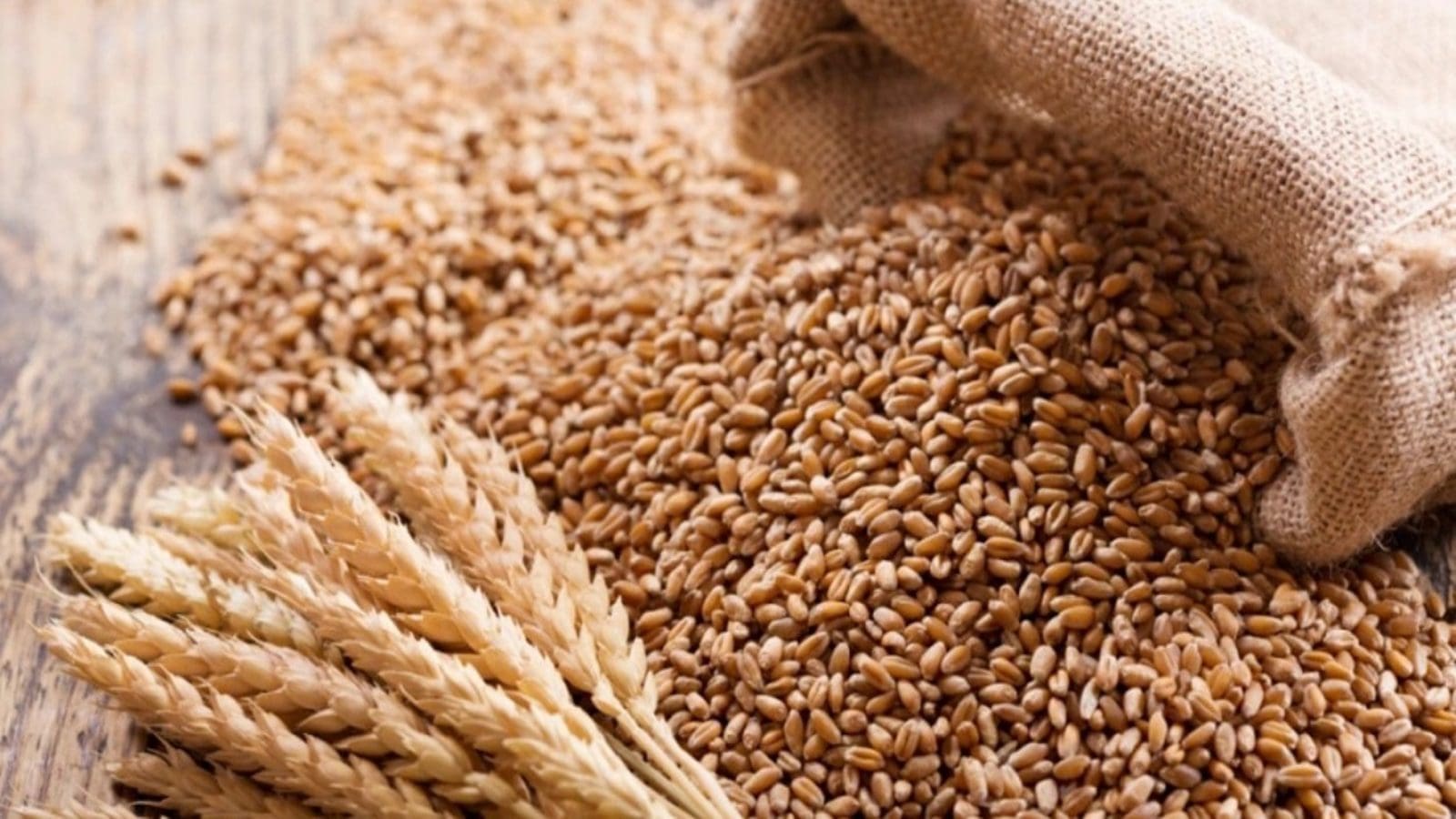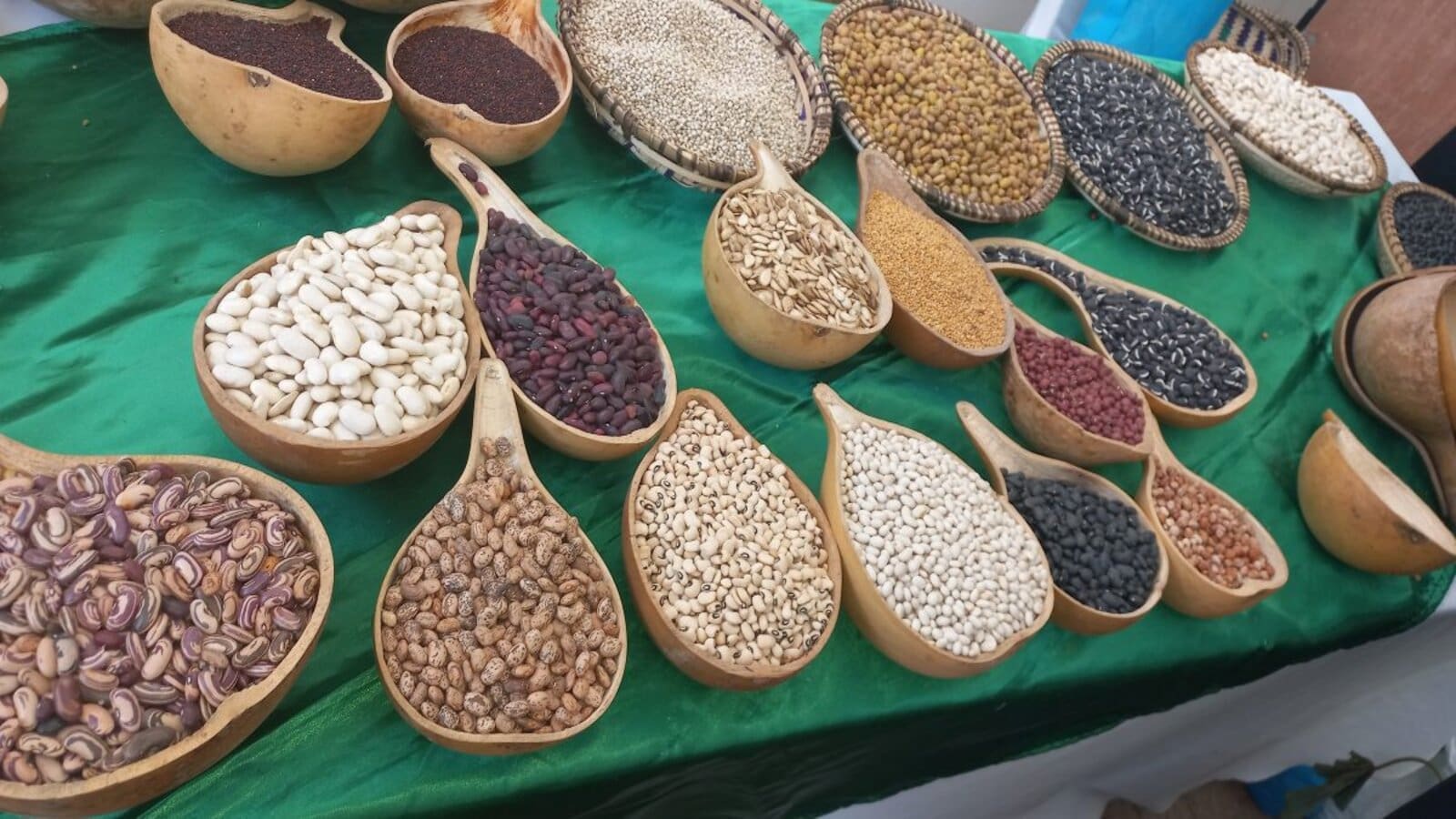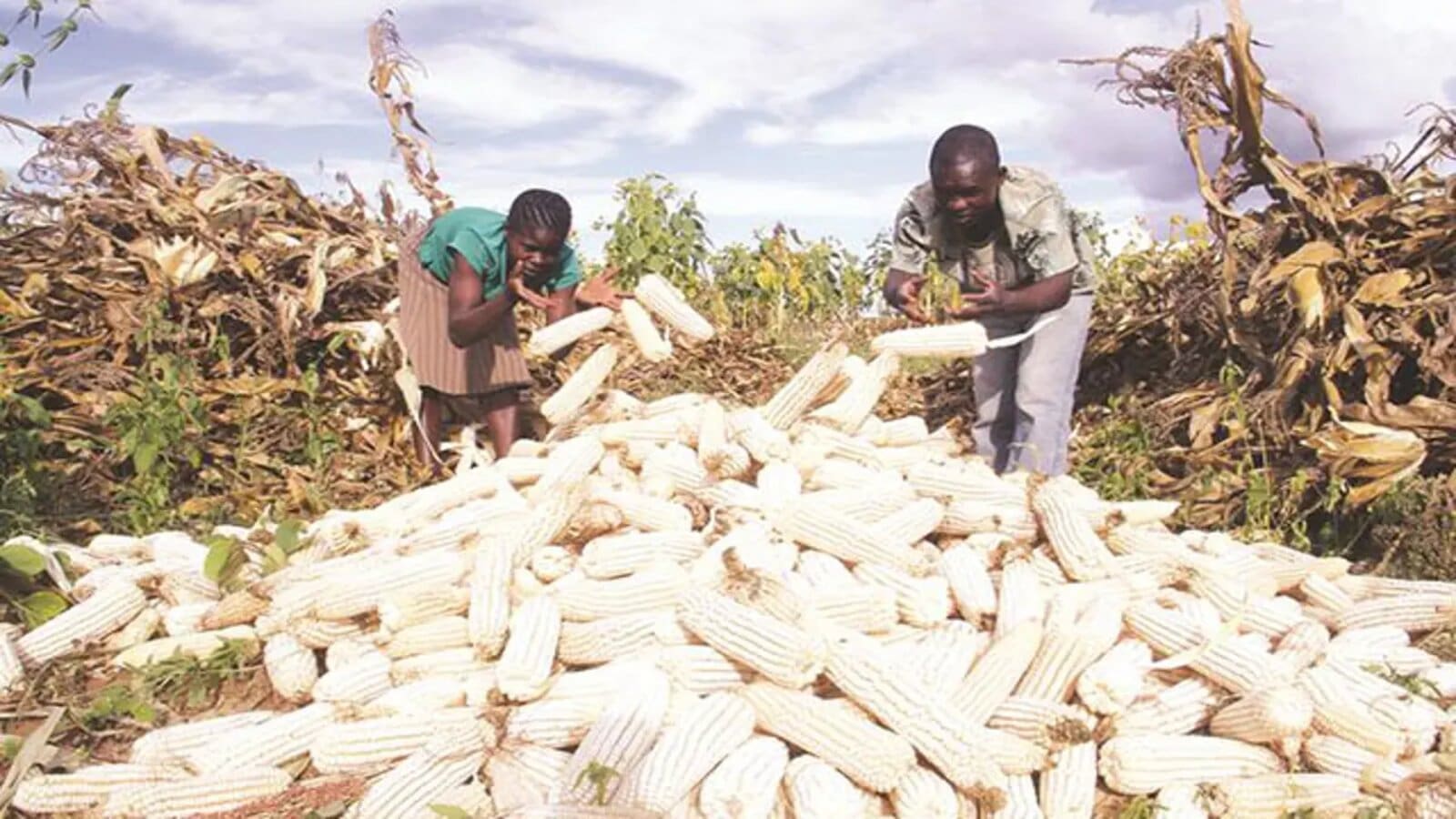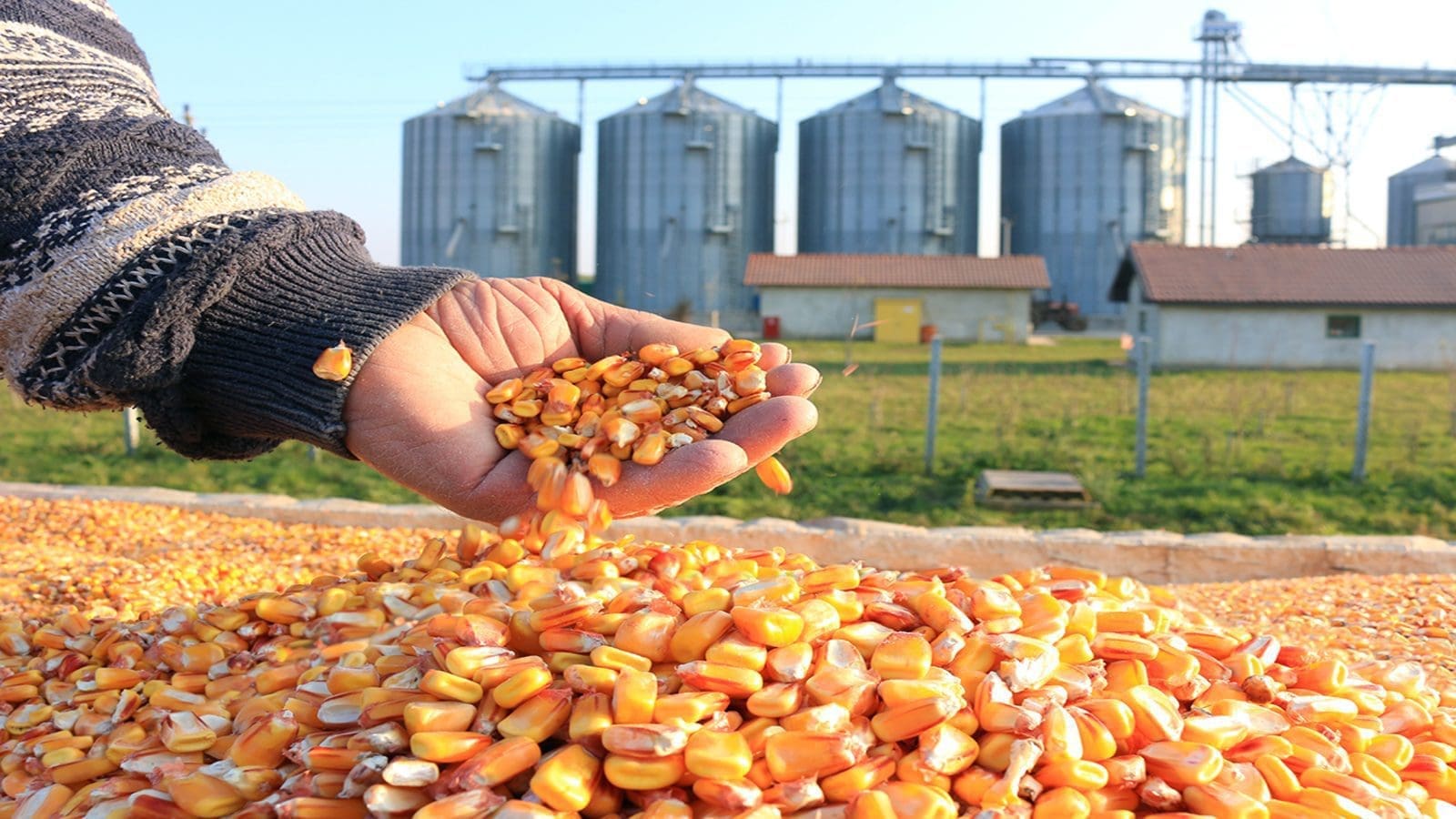KENYA – Kenya has received 30,000 metric tonnes of wheat from Ukraine as part of Ukrainian President Volodymyr Zelenskyy’s ‘Grain from Ukraine’ (GfU) humanitarian program.
The ‘Grain from Ukraine’ humanitarian program was launched by President Zelenskyy in November 2022, to provide much-needed assistance to nations affected by the ongoing global food crisis.
Since its launch, the program has delivered over 140,000 tons of Ukrainian wheat to Africa’s food-insecure nations
Receiving the latest shipment at the port of Mombasa, Kenya’s Deputy President Rigathi Gachagua said that the donation will contribute to the government’s measures to curb food insecurity in the country.
The move comes as the country is grappling with the shortage of common food commodities even after waiving import duty to avert the food crisis.
“We are grateful to our International Partners whose donation of wheat we received and flagged off today to counties affected by famine,” Gachagua said on his Twitter account.
He further revealed that the country had revealed about 16,000MT of sorghum from the USA through USAID to support families affected by famine.
Maize crop at risk of Maize Lethal Necrosis (MLN) and Fall Armyworm (FAW)
Meanwhile, Kenya is staring at losses of yields following the re-emergence of Maize Lethal Necrosis (MLN) and Fall Armyworm (FAW), a new study released by the International Maize and Wheat Improvement Centre (CIMMYT) and Kenya Agriculture Livestock Research Organisation (Kalro) has revealed.
The study noted that MLN and FAW remain a threat and called for speedy action to contain them as they pose a serious threat to food security
This comes at a time when the long-awaited rains have started to fall across the country signaling hope for farmers as exhibited by the ongoing land preparations for the season planting.
Hugo De Groote, the lead investigator in the study, says the research conducted in December last year in two counties of Kakamega and Embu showed that the prevalence of MLN and FAW is still high with the two regions recording 29 percent and 48 percent prevalence
On MLN, the researcher said there are varieties of maize that can tolerate the disease. However, they are not suitable for all growing zones in the country
However, recently, Kenya’s National Varieties Release Committee (NRVC) gave a green light to the approval of three-fall army warm (FAW) tolerant maize varieties to improve food security in the country.
The varieties, FAWTH2001, FAWTH2002, and FAWTH200, were the result of a program dubbed Plant Health Innovation Platform (PHIP) that sought to use Integrated Pest Management (IPM) on FAW using various technologies
According to stakeholders, the varieties have passed the national performance trial by the KEPHIS hence the development is part of taming the varying climate change that has devastated agriculture in the country for a long time
For all the latest food industry news from Africa and the World, subscribe to our NEWSLETTER, follow us on Twitter and LinkedIn, like us on Facebook and subscribe to our YouTube channel










